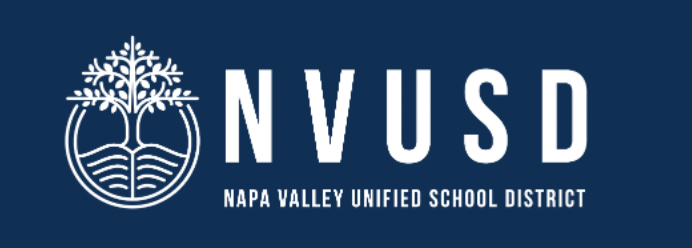
Napa Valley Unified School District signs contract with liberated ethnic studies consultant for $38,490; will facilitate training sessions for ‘White Teachers and White Students’
Incidents
During its meeting on April 21, 2022, the Napa Valley Unified School District school board approved a contract with Liberated Ethnic Studies Model Curriculum Consortium. The $38,490 contract was approved to pay for sessions from summer 2022 through spring of 2023. Overall, the district will pay the Consortium just under $1000 per hour of training.
The proposal to the district identifies themes for teacher professional development such as “Anti-racist pedagogies,” “Ethnic Studies for White Teachers” and “White Teachers and White Students in Ethnic Studies.”
According to the document, the “White Teachers and White Students in Ethnic Studies” session will “address how white teachers can engage in ethnic studies work” and teach “through an understanding and reflection on their privilege, power, and positionality.” The session will also model two lessons that “address white supremacy culture, decentering whiteness and an action plan for professional/personal growth.” Teachers will also learn “how to address white grief and fragility” and “engage in two model lessons that highlight white allies in our history who co-conspire with Black, Indigenous, and People of Color (BIPOC) to fight for justice in solidarity with BIPOC.“
The Consortium will also run an introductory session in which the consultant’s faculty will “center Liberated Ethnic Studies pedagogical practices and engage teachers in anti-racist pedagogy.” The session will also feature the “seven guiding principles and Five S’s,” the foundational elements of ethnic studies “units and lessons.”
Model lessons from the Consortium include a lesson for grades 3-6 entitled “How does Normalization Dehumanize?” The listed “purposes” for this lesson include students understanding that “normalization is a way to take power from people by dehumanizing them,” and “how to stop normalization and regain their power to name the world and give respect to all.” The model plan continues by getting students to “understand and critique the relationship between white supremacy, racism, anti-Blackness, anti-Indigeneity, xenophobia, patriarchy, cisheteropatriarchy, capitalism, ableism, ageism, anthropocentrism, and other forms of power and oppression.”
The final lesson evaluation for students states:
“Throughout the year, prompt students to notice and speak up about normalization and dehumanization. Identify when you notice a student name the world on their own terms and show respect to people, places, things, and ideas that have been dehumanized.”
More model lessons and slide presentations from the Consortium can be found here.
According to the authors of Rethinking ethnic studies, ethnic studies is “both about the critique of unequal power and the reclamation of power by marginalized and oppressed communities.” Ethnic studies is being used to “build a movement that focuses on anti-racist and decolonizing curriculum and teaching.” The authors continue by stating that ethnic studies “rests on the foundational understanding that education has been used for colonization and white supremacy;” and that “knowledge has either been kept from communities of color or offered up in safer, tamer forms that keep us from struggling for liberation.”
Stay Informed
